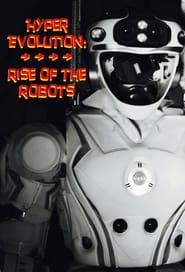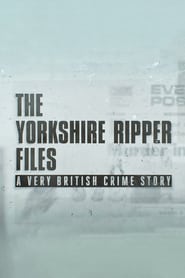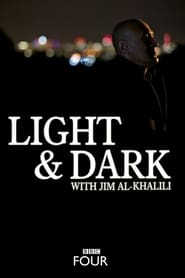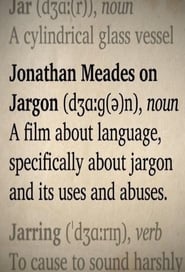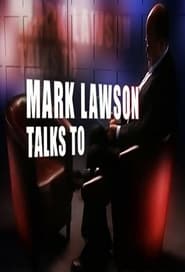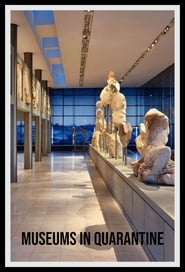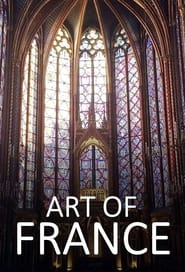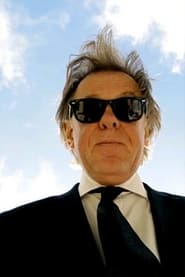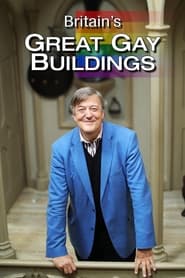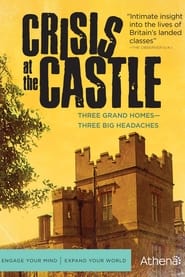Bbc Four TV Series - Page 15
-
Hyper Evolution: Rise of the Robots
2017
Evolutionary biologist Dr Ben Garrod and electronics engineer Professor Danielle George explore whether machines built to enhance our lives could one day become our greatest rivals. -
The Yorkshire Ripper Files: A Very British Crime Story
2019
star 7The case of the Yorkshire Ripper is re-examined by film-maker Liza Williams. -
Light and Dark
2016
star 6Professor Jim Al-Khalili shows how, by uncovering its secrets, scientists have used light to reveal the universe. -
Jonathan Meades on Jargon
2018
star 10In this provocative television essay, writer and broadcaster Jonathan Meades turns his forensic gaze on that modern phenomenon that drives us all up the wall - jargon. In a wide-ranging programme he dissects politics, the law, football commentary, business, the arts, tabloid-speak and management consultancy to show how jargon is used to cover up, confuse and generally keep us in the dark. He contrasts this with the world of slang, which unlike jargon actually gets to the heart of whatever it's talking about even if it does offend along the way. With plenty of what is called 'strong language', Meades pulls no punches in slaying the dragon of jargon. -
Mark Lawson Talks To
2003
star 6A series in which arts presenter Mark Lawson has a 60-minute in-depth conversation with a notable figure. -
Museums in Quarantine
2020
Series that explores national museum collections at a time of enforced closure. -
Art of France
2017
star 8Andrew Graham-Dixon examines the history of French art, revealing how it emerged from a struggle between tradition and revolution, and rulers and citizens. He compresses centuries of culture into three thematically linked chapters. -
Come Clog Dancing: Treasures of English Folk Dance
2010
Presenter Charles Hazlewood stages a 140-person flashmob clog dance and explores the history of this folk dance that originated in the collieries and pit villages of the north east of England in the 19th century. -
Survivors: Nature's Indestructible Creatures
2012
It is estimated that 99 per cent of species have become extinct and there have been times when life's hold on Earth has been so precarious it seems it hangs on by a thread. This series focuses on the survivors - the old-timers - whose biographies stretch back millions of years and who show how it is possible to survive a mass extinction event which wipes out nearly all of its neighbours. The Natural History Museum's professor Richard Fortey discovers what allows the very few to carry on going - perhaps not for ever, but certainly far beyond the life expectancy of normal species. What makes a survivor when all around drop like flies? Professor Fortey travels across the globe to find the survivors of the most dramatic of these obstacles - the mass extinction events. -
Metalworks!
2012
Metalworks!
2012
Series looking at aspects of British metalworking over the centuries, including the art of the silversmith, the history of armour and the work of the blacksmith. -
Jonathan Meades On France
2012
Jonathan Meades scrutinises the 95 per cent of France that Brits drive through and don't notice en route to the 5 per cent that conforms to their expectation -
Handmade in Bolton
2019
Handmade in Bolton
2019
Shaun Greenhalgh and Dr Janina Ramirez research and remake a selection of precious objects from the past using traditional materials and methods. -
Castles: Britain's Fortified History
2014
star 10Historian Sam Willis traces the story of Britain's castles and their unique role in our history, art and literature. -
Simon Schama Meets
2022
Simon Schama Meets
2022
While making Simon Schama’s History of Now, Simon met several of the most influential contemporary artists working in the world today. In this series of extended interviews, Simon meets Ai Weiwei, Nadya Tolokonnikova and Margaret Atwood, to uncover the personal motivations behind their work and activism, their sense of why art matters, and their unique perspectives on the state of the world today. -
The Violence Paradox
2021
The Violence Paradox
2021
Psychologist Steven Pinker believes we may be living in the most peaceful period in human existence. He explores the reasons why this might be and whether it could be prevented altogether. -
Britain's Great Gay Buildings
2017
star 87 celebrities champion 7 buildings that have played a key role in helping to define Britain's gay history. Presented by Stephen Fry. -
My New Best Friend
2008
My New Best Friend
2008
Three-part documentary series about the importance and nature of friendship among children, told from their point of view. Shot over eight months and told entirely from their perspective, it is an intimate and moving insight into how children think and feel as they journey into a new world. -
Crisis at the Castle
2007
Crisis at the Castle
2007
Three British aristocratic families struggle to hang on to their historic homes. Their lifestyle is assumed to be idyllic, but constant battle with roof-leaks, falling visitor numbers, and mounting debts all put pressure on their personal relationships and peace of mind. -
The Classical Collection
2022
A selection of memorable performances of classical music from the BBC's archives.
